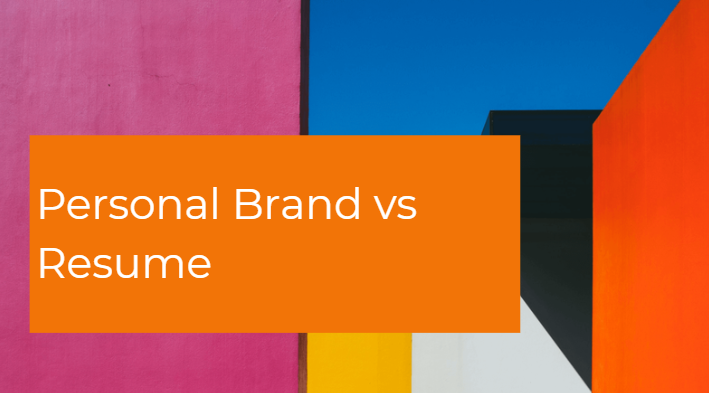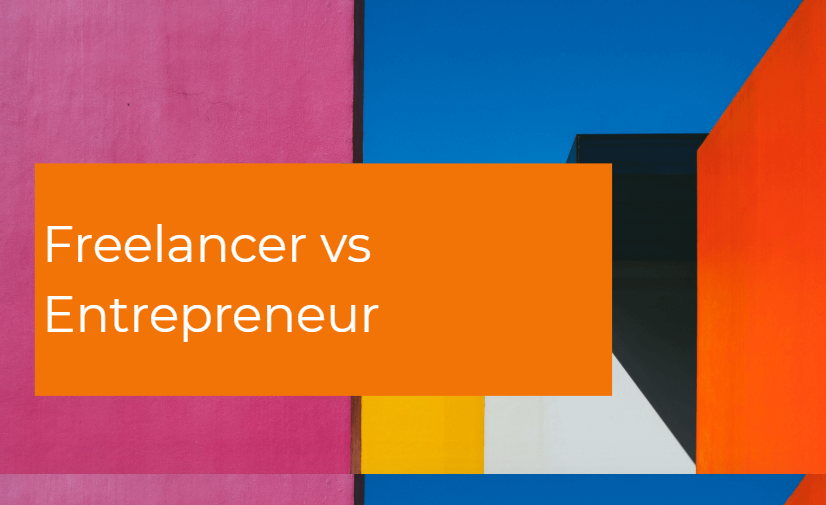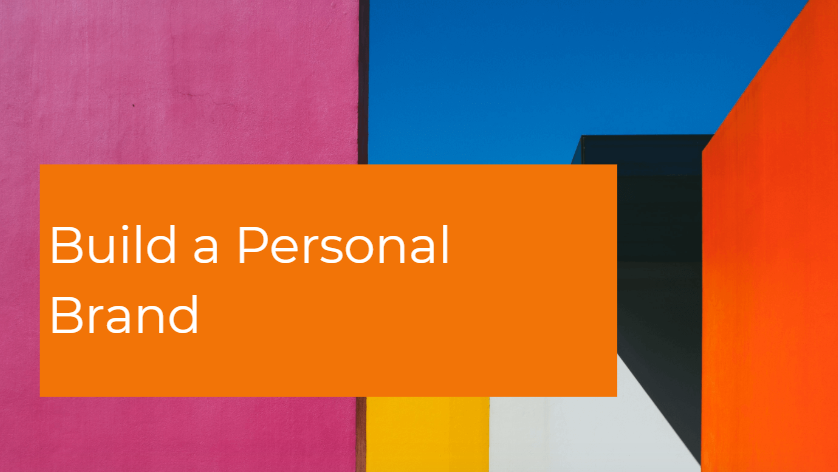In 2025, the strongest career currency isn’t your degree or title—it’s your visibility. The opportunities that come your way are no longer determined by what’s written on your resume, but by what people see, feel, and believe about you online. Welcome to the era of personal branding.
The Resume Is Not Dead—But It’s No Longer Enough
Let’s be clear: resumes still have a place in traditional hiring systems.
But if you’re building a business, freelancing, consulting, or growing online in any capacity, your personal brand is your new power asset.
Because in the digital economy:
Clients don’t read resumes—they Google you
Collaborators don’t care about job titles—they want to see what you’ve created
Brands don’t hire based on paper—they connect with personality, perspective, and proof
That’s where your personal brand comes in—and it can open doors your resume never could.
So What Is a Personal Brand?
Your personal brand is how the world perceives you online. It’s a combination of:
Your skills
Your content
Your personality
Your style
Your story
Your reputation
It answers one critical question:
Why should someone trust you?
And unlike a resume, your personal brand isn’t locked in a PDF. It’s living and evolving—on LinkedIn, Instagram, TikTok, YouTube, newsletters, podcasts, or even Notion pages.
Personal Brand vs. Resume: A Quick Breakdown
| Feature | Resume | Personal Brand |
|---|---|---|
| Format | Static document | Dynamic online presence |
| Lifespan | Updated occasionally | Grows in real-time |
| Audience | HR, recruiters | Clients, collaborators, community |
| Focus | What you’ve done | Who you are, what you stand for |
| Proof | Claims and credentials | Content, testimonials, visibility |
| Reach | Private or 1-on-1 | Public, shareable, searchable |
Bottom line? Your resume is reactive. Your personal brand is proactive.
Why Your Personal Brand Builds More Trust
Trust is the new currency in the digital economy.
Your personal brand builds trust in 3 ways:
1. Visibility
If no one knows you exist, no one can hire you. Posting consistently—even once a week—keeps you top of mind and shows people you’re active, engaged, and serious.
2. Credibility
When you share content, ideas, or behind-the-scenes views of your work, you demonstrate proof—not just potential. You’re showing, not telling.
3. Relatability
Unlike a resume, a personal brand allows you to be human. You can share your voice, your values, your journey—and connect on an emotional level, not just a technical one.
People trust people. Not bullet points.
Real-World Examples: How a Personal Brand Wins
🔹 A freelancer with a simple Instagram page showing design projects lands clients before even finishing their website.
🔹 A career coach grows a LinkedIn audience by sharing weekly tips—and now gets booked through DMs instead of job platforms.
🔹 A developer writes about AI on Medium and lands speaking gigs and consulting clients based on his thought leadership.
None of them led with a resume.
They led with value—and let their content do the selling.
Your Personal Brand Is Your Leverage
The more consistent, strategic, and authentic your personal brand is—the more opportunities will come to you.
That’s leverage.
That’s freedom.
That’s future-proofing your career or business.
Here’s what happens when you build a strong personal brand:
You attract better clients
You get referrals without asking
You can raise your rates
You build long-term trust, even with people you’ve never met
You create income streams beyond services (courses, content, partnerships)
A resume might land you a job.
Your brand can build your entire business.
But What If I Don’t Know What to Post?
You don’t need to be a content machine. You just need to start.
Here are 5 things you can share to build your personal brand:
What you’re learning
(Share your process, not just results.)What you believe
(Stand for something in your field.)Behind the scenes of your work
(Show your tools, workflow, decisions.)Case studies or mini testimonials
(Even mock projects count!)Your story
(Why you do what you do.)
Remember: clarity > creativity.
Be simple, honest, and consistent—and people will start to trust you.
How to Start Building Your Personal Brand Today
You don’t need a big audience or fancy gear. Here’s your simple 3-step plan:
Step 1: Choose Your Platform
Pick where your people already hang out. For professionals—LinkedIn. For creatives—Instagram. For educators—YouTube or TikTok. Start with one.
Step 2: Define Your Message
Ask yourself:
Who do I help?
What problem do I solve?
What makes me different?
Write a 1-line “brand promise” to guide everything you post.
Step 3: Share Value Consistently
Commit to posting once or twice a week. You’ll learn by doing. You’ll grow by showing up.
If you don’t like writing—record short videos.
If you don’t want to speak—share visuals or carousels.
There’s no “right” style. The only rule is consistency.
Final Thoughts
In 2025 and beyond, your personal brand is your career insurance.
It travels with you across industries, platforms, and life stages.
The job you have today might change.
The skills in demand tomorrow might shift.
But your name, your voice, and your reputation—those can grow stronger every single day.
So don’t wait for someone to ask for your resume.
Start showing up, adding value, and building your brand right now.
Because in the digital age, the most trusted brand… is you.


